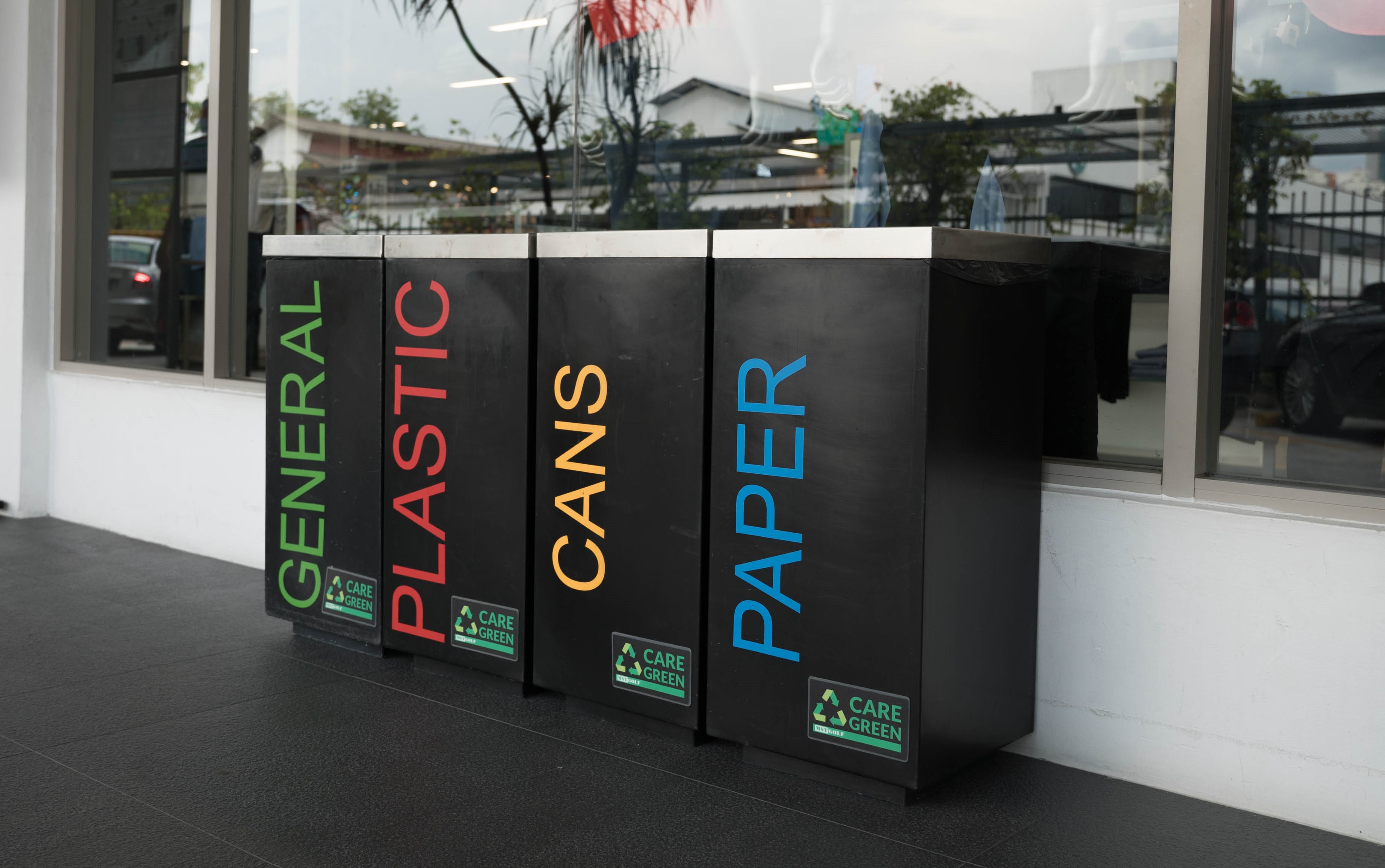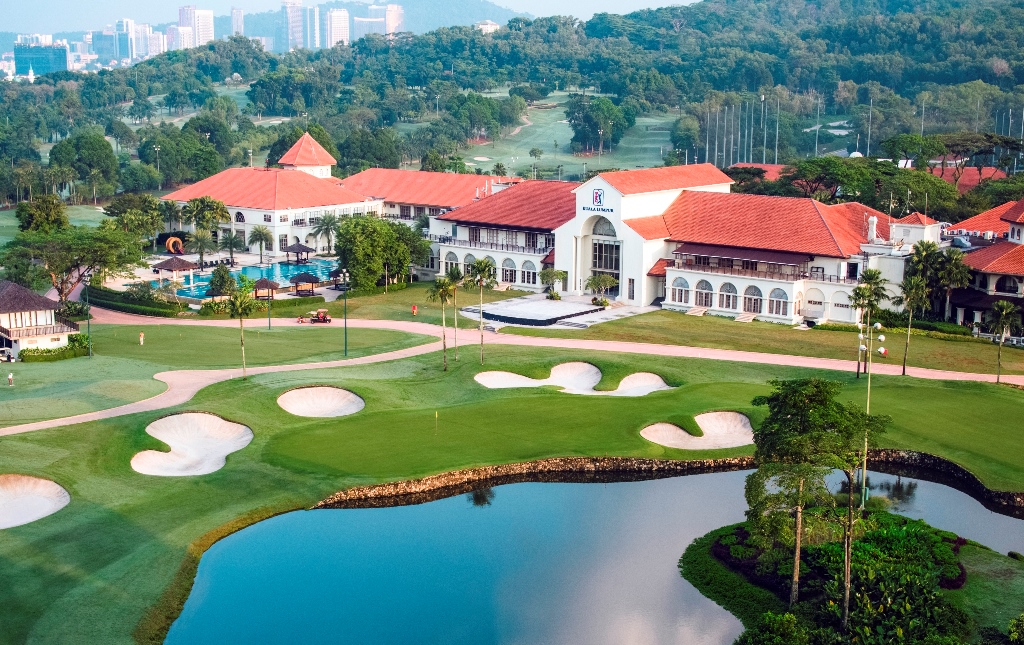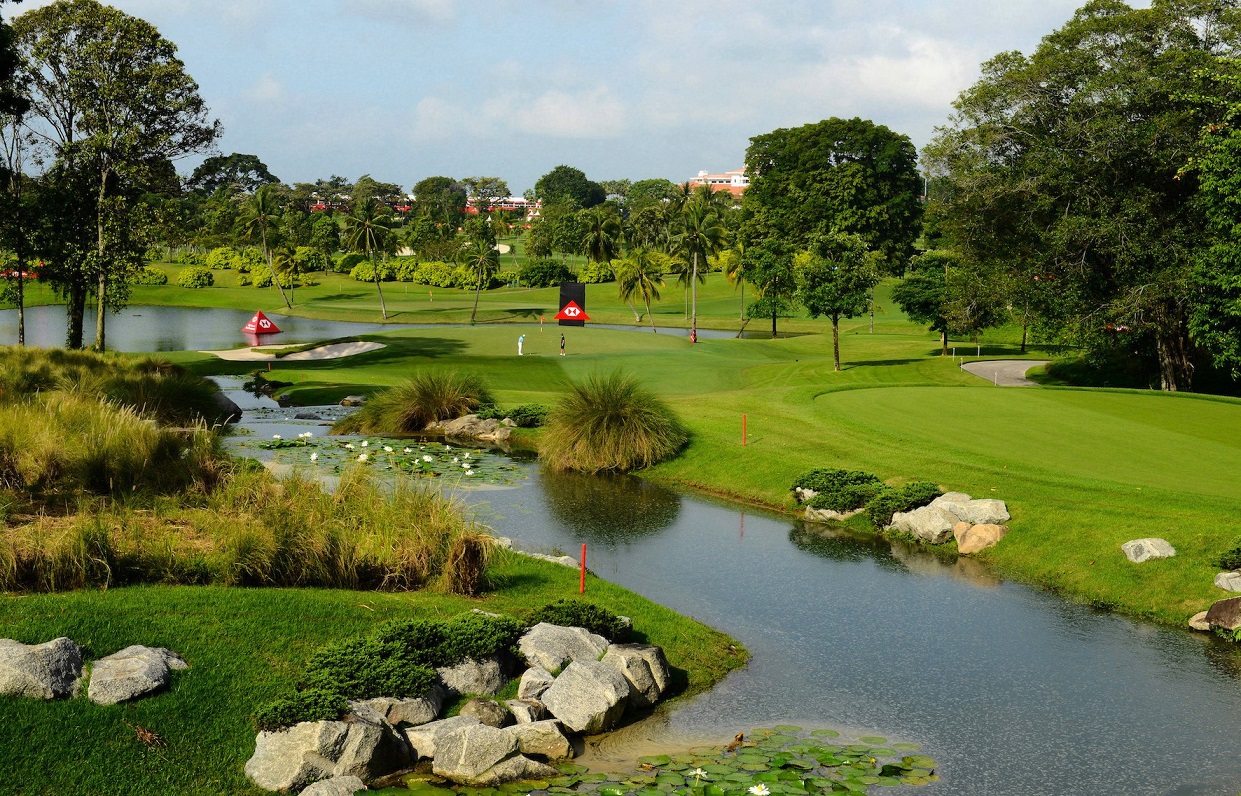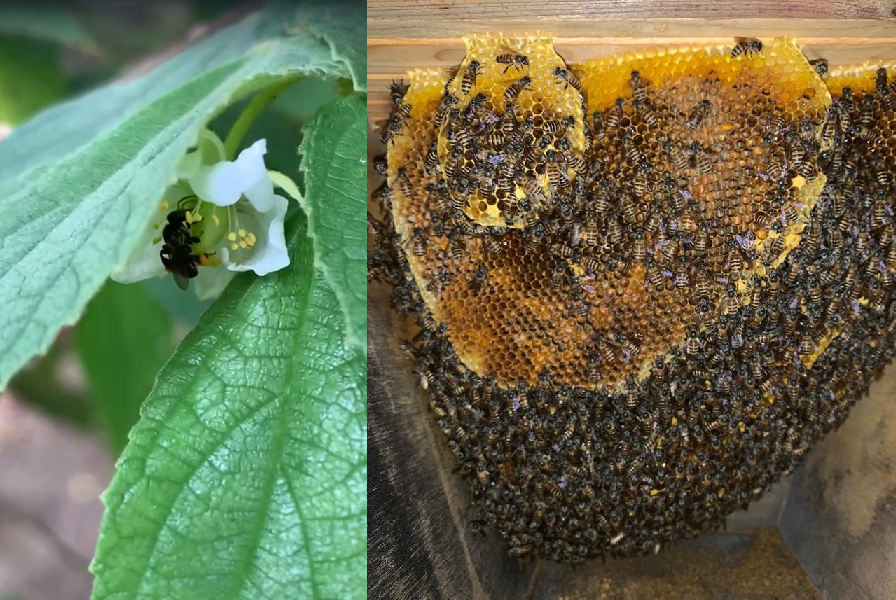
One of the biggest buzzes, pun intended, of Sentosa Golf Club's sustainability drive is the club's growing number of bee colonies.
Since 2019, the club has worked with renowned Singapore bee expert John Chong of Bee Amazed to create these colonies There are now six colonies of the local stingless bee Tetragonula Laeviceps around the Pyramid halfway house at Hole 4 of The Tanjong Course. One of the smallest stingless species in Singapore, they are not used for honey production.
Recently, the club added a new colony of another species of local honey bees, Apis Cerana (commonly known as the Asian Honey Bee), near the ruins of Fort Berhala Reping along Hole 6 of the Serapong Course.
Chong noted that the pink flowers of the Honolulu Creepers growing up from the base of the fort have been visited daily by the bees for nectar and pollen even before the sanctuary was set up. Given the right conditions, he added, honey production may reach sufficient amounts to produce Sentosa Golf Club's own unique variety.

"We shall monitor the progress and the growth of the honey bees at Sentosa Golf Club closely. Currently, the colony of Apis Cerana has been able to sustain itself without external intervention or feeding," said Chong. "This is a very good and healthy sign. Gradually, we will increase the number of colonies of Apis Cerana both at The Serapong and The Tanjong."
While the bee sanctuary at the Pyramid is meant for educational purposes, these plans were put on hold due to the Covid-19 pandemic. With the relaxation of the country's Safe Distancing Measures, there are plans afoot to bring in students and members of the public to educate them on the importance of honey bees to the environment.
Chong noted that the greatest contribution of bees is the pollination of plants, which produce a large proportion of the world’s food. "Bees also act as indicators of the state of our environment.
"Their presence or absence tells us when something is happening with the environment. By observing the development and health of bees, it is possible to gauge changes in the environment and implement timely precautionary measures," he stressed.
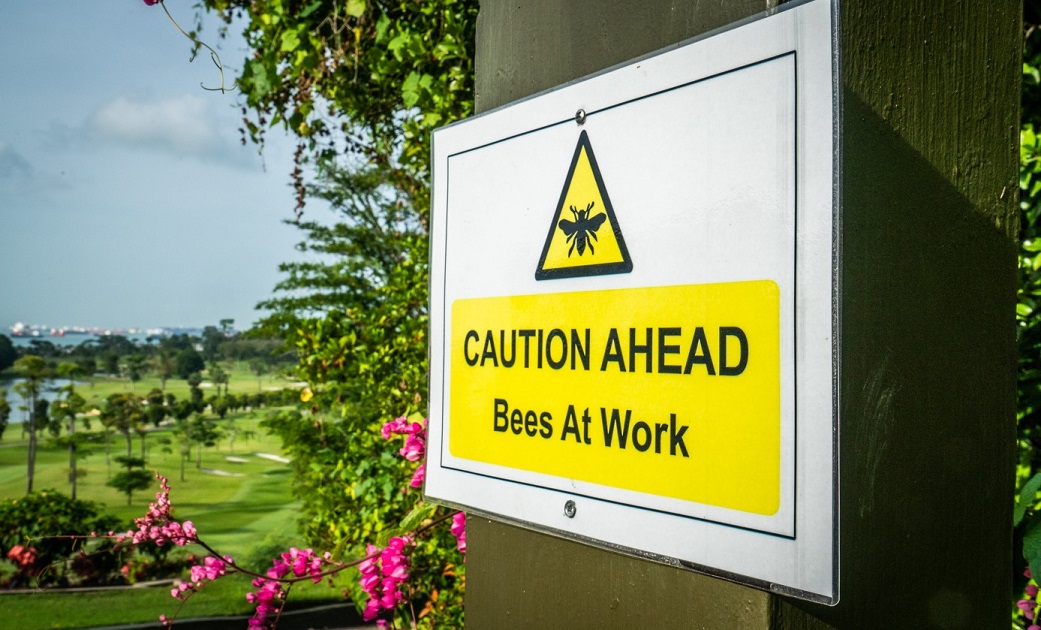
Since 2018, Sentosa Golf Club has embarked on a journey towards environmental sustainability and has led the way in uniting the golf industry to promote sustainable practices. The club aims to become a carbon neutral facility by the end of 2022.
For more information, log on to www.sentosagolf.com



